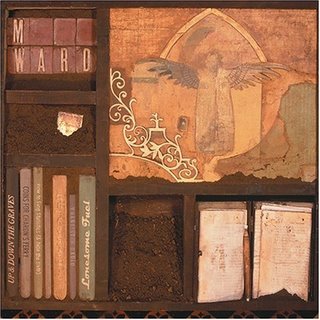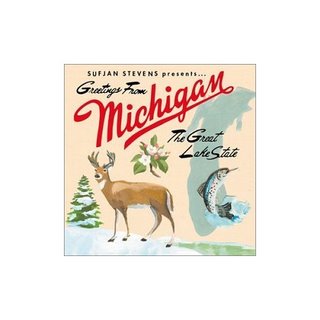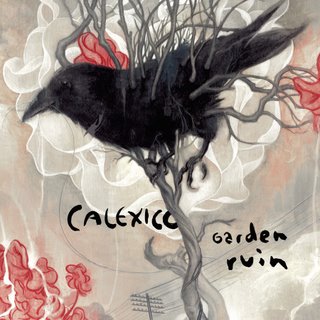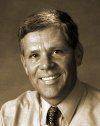I've been reading the journals of a Presbyterian missionary in the Canadian West, Reverend James Robertson. Later, he went on to be the Superintendant of Missions for the Presbyterian Church, serving from the 1870s through the 1890s. Quite a tough cookie, and a faithful preacher of the Word, not unlike Saint Innocent.Here's a brief excerpt from the book about him:A lazy minister or missionary, and he, alas, is not altogether a
rara aris, drew his unmeasured contempt. Writing to a Western Convener, he thus discourses in regard to ministers of this class:
"I fear that the indifference you refer to in ministerial ranks is not confined to Kirkwall and Strabane; I meet it widely, and I am inclined to think it is doing more harm than the Higher Criticism. Men who work hard themselves are intolerant of idle and lazy ministers. Men appreciate an industrious, hard-working minister, and they despise the lazy slouch. But how are you to get such men retired ? They will not resign, they cannot work, to beg they are ashamed."
In a British Columbia mining town in the Boundary Country, no end of trouble might have been saved had the missionary in charge been simply faithful to his duty. As it was, he shirked, to the permanent injury of the congregation and of the cause of religion in that town.
The Superintendent visited the town a little later. The missionary then in charge tells the story:
"A year before, a young man had been in charge, and had been exceedingly popular. All agreed that if Mr. ______ had just said ‘build a church,’ the church would have been built with little trouble and no strife. Besides, the town was then in its most prosperous condition. That was the tide in the affairs that was missed. But Mr. _______ had not ‘bothered.’ Indeed, Dr. Robertson had heard that he had said he did not want to meddle with money matters. How the Doctor did hold this up to scorn! ‘Didn’t want to meddle with money matters! A very fine sort of gentleman, indeed! None of your coarse-grained, commercial sort. Didn’t want to meddle! He was too downright lazy. That is what was the matter with him. Popular preacher! Liked afternoon teas, I suppose. Liked the ladies to tell him how well he had preached on Sunday. But to build a church! No, he was of too fine, ethereal material to meddle with such mundane matters. What did we pay him for anyway? What did we send him here for? To have a good times? To be popular? That’s not the kind of man we want in these mountains.’"
And, indeed, it added not a little to the Superintendent’s burden that he had to assume the load too often that these men refused to bear. While he was full of encouragement for the "tenderfoot," he had little sympathy with a shirker, and exerted himself to develop in his men that indifference to discomfort, toil, and even danger, that was so conspicuous a characteristic of himself.
"Talking with a whining student one day," says one of his Conveners, "who was relating what he considered hardships in the way of uncomfortable beds in which there were crawling things, and irregular meals not always prepared in the most tasty form, the Superintendent began very sympathetically telling some of his own experiences. Sleeping one night in a dug-out, wrapped in his blanket on the clay floor which was several feet below the surface of the ground, he felt cold, clammy things on his neck and face. He would brush them off and turn over, and by the time he was getting off to sleep again there would be another visitation, and so he kept brushing them away the whole night.
"‘And what were these things?’ asked the wondering student.
"‘Well, you see the floor was two feet below the ground, and there was an inclined approach cut out towards the door. The ground was worn away several inches lower than the door, and the lizards would fall over the edge of the cutting and crawl under the door, and during the night creep over the floor. And these lizards were enjoying a warm nest on my neck and face.’
"The poor student stood horrified. The Superintendent enthused for a few moments on lice and lizards and snakes, as though encounters therewith were as valuable as theology in a true missionary’s education, and
the complaining dude subsided. His hardships vanished into thin air. He was rebuked and shamed, but could not reply, and the conversation drifted to other themes."


 More of the usual gold from Calexico, along with gorgeous artwork in the notes.
More of the usual gold from Calexico, along with gorgeous artwork in the notes.


